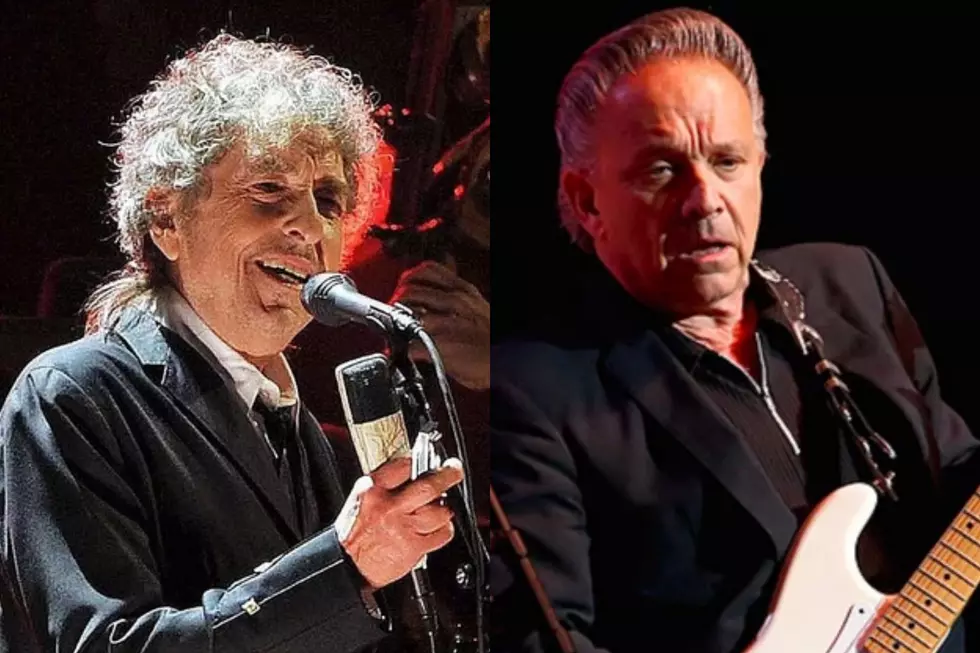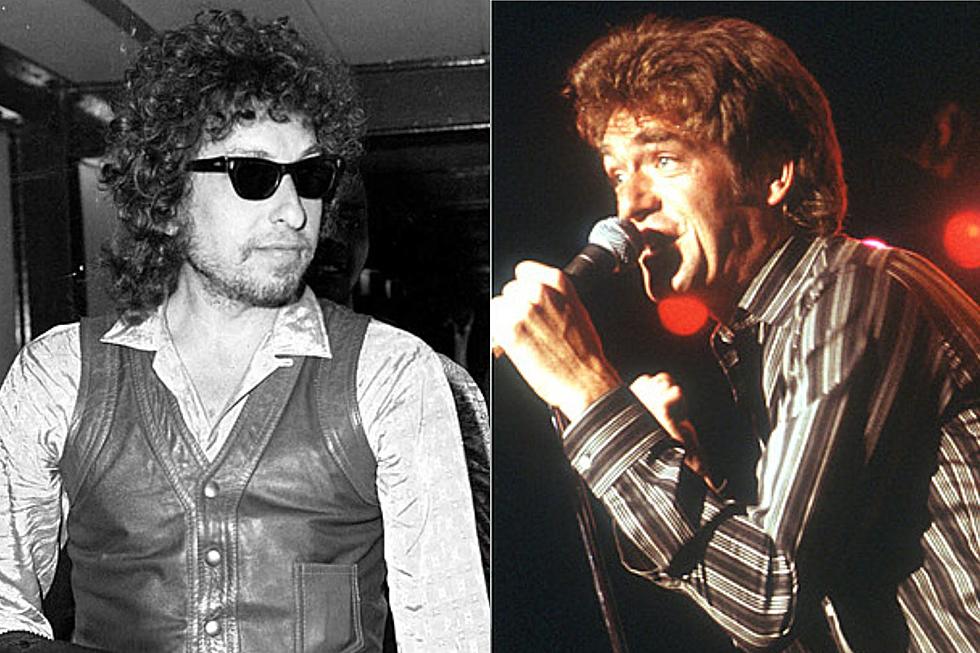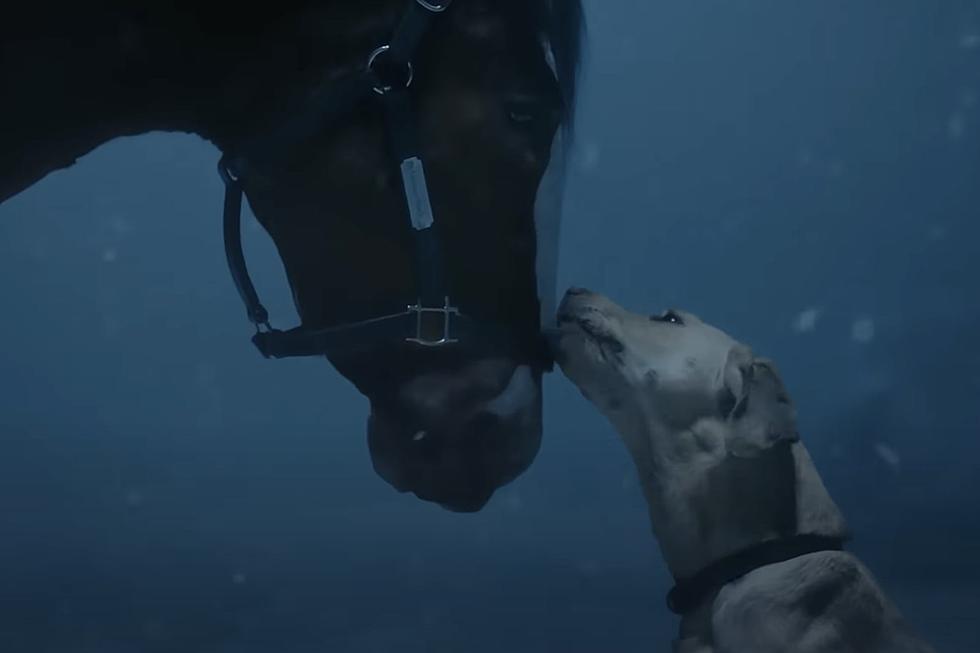
How Bob Dylan Continued to Divide Fans After Newport
Bob Dylan quickly learned that the Newport reaction to his new electric sound was not an isolated incident. Performing on Aug. 28, 1965 at the Forest Hills Tennis Stadium in New York, just weeks after a folk festival crowd had erupted in boos during his initial rock-inflected set, Dylan was met with an even more violent reaction.
Some angry fans reportedly threw objects, others stormed the stage and attempted to pull keyboardist Al Kooper and drummer Levon Helm off their stools. "It looks like the attack of the Beatniks around here," Dylan reportedly joked onstage.
Kooper had been part of the controversial Newport Folk Festival appearance, along with members of the Paul Butterfield Band. Dylan's 1965 concerts at Forest Hills, and then at the Hollywood Bowl, featured a backing band of Robbie Robertson, Helm, Kooper and Harvey Brooks. For Robertson and Helm, it was the beginning of a lengthy association with Dylan – first as the Hawks and later as the Band.
But that relationship wasn't getting off to the best of starts, and not just because of the fans' response. Robertson admits that the impromptu group was still searching for the appropriate sound. "In the beginning, it was a little bit too much bashing," Robertson told Goldmine in 1991. "It was in the making."
To some degree, the format of the show invited a strong emotional response, as Dylan played half the concert by himself, accompanied only by his guitar and harmonica. He then returned for an electrified second set. "It was kind of like, even while he was doing his acoustic set, and doing what they loved, just the anticipation was getting them angry," bassist Brooks later remembered.
Dylan even debuted a new 11-minute opus, “Desolation Row” from the upcoming Highway 61 Revisited, but to no avail. Called "rude and immature" at the time by the New York Times, the crowd could later be heard derisively chanting, “We want Dylan.” Dylan responded by saying, “Aw! Come on.”
Watch Bob Dylan Respond to a Heckler
A report from Variety noted that "Bob Dylan split 15,000 of his fans down the middle at Forest Hills Tennis Stadium Sunday night. ... Repeating the same scene that occurred during his performance at the Newport Folk Festival, Dylan delivered a round of folk-rock songs but had to pound his material against a hostile wall of anti-claquers, some of whom berated him for betraying the cause of folk music."
Helm quit, but Dylan brought the rest of the soon-to-be-renamed Band to Europe and Australia for a tour. "He said, 'I don't want to do this anymore.' [Helm] didn't feel that you could do anything with it rhythmically, and there was no room and there was no way to make it feel good," Robertson remembered. The addition of the other Band members, however, helped define Dylan's approach. "By the time we did the Australia and Europe tours, we had discovered whatever this thing was," Robertson added. "It was not light, it was not folky. It was very dynamic, very explosive and very violent."
But the reaction from the overseas audiences was no different. Fans were equally venomous at U.K. stops in Sheffield and Newcastle upon Tyne, which can be seen in the documentary No Direction Home. (The film also includes footage of a ticket-holder shouting "Judas" at Dylan, a legendary incident included on the Live 1966: The Royal Album Hall Concert from Dylan's Bootleg Series.)
Eventually, Dylan and the Band would escape to the bucolic seclusion of upstate New York, taking part in a series of career-changing writing sessions that would alter their musical paths once more.
Still, decades later, Dylan seemed stung by the criticisms of 1965. "Wussies and pussies complain about that stuff," he said in 2012. "It's an old thing — it's part of the tradition. It goes way back. These are the same people that tried to pin the name Judas on me. Judas, the most hated name in human history! If you think you've been called a bad name, try to work your way out from under that. Yeah, and for what? For playing an electric guitar? As if that is in some kind of way equitable to betraying our Lord and delivering him up to be crucified. All those evil motherf---ers can rot in hell."
See Bob Dylan in Key Moments in Country Rock History
More From Ultimate Classic Rock









